Filter books by:
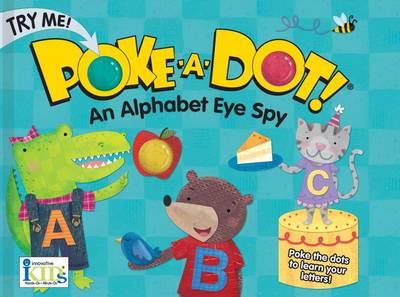
Poke-a-Dot: An Alphabet Eye Spy
Maths Concepts
Australian Curriculum: Description
Foundation Year – Establish understanding of the language and processes of counting by naming numbers in sequences, initially to and from 20, moving from any starting point (ACMNA001)
Teaching ideas
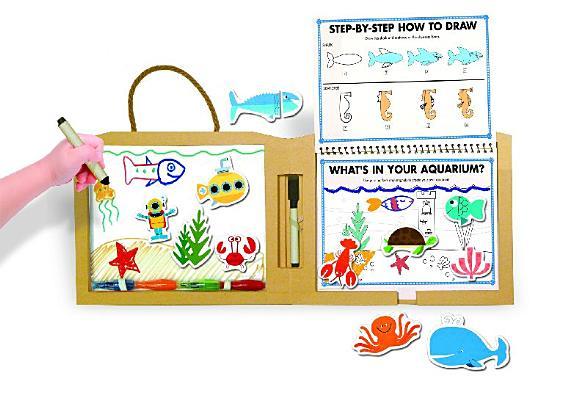
Poke-a-Dot:Who’s in the Ocean?
Maths Concepts
Australian Curriculum: Description
Foundation Year – Establish understanding of the language and processes of counting by naming numbers in sequences, initially to and from 20, moving from any starting point (ACMNA001)
Teaching ideas
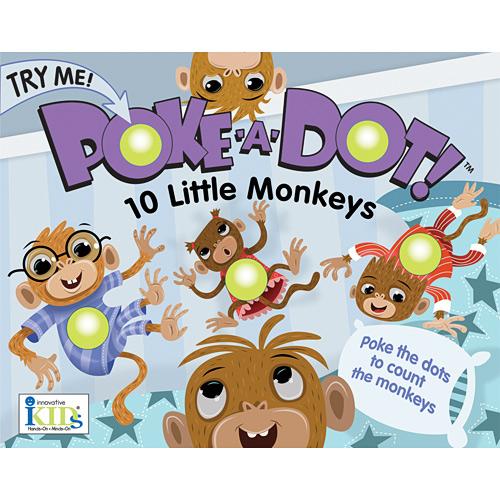
Poke-a-Dot: 10 Little Monkeys
Maths Concepts
Australian Curriculum: Description
Foundation Year – Establish understanding of the language and processes of counting by naming numbers in sequences, initially to and from 20, moving from any starting point (ACMNA001)
Teaching ideas
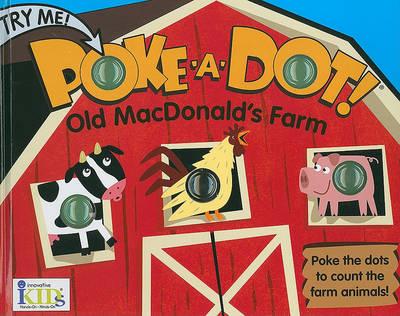
Poke-a-Dot: Old MacDonald’s Farm
Maths Concepts
Australian Curriculum: Description
Foundation Year – Establish understanding of the language and processes of counting by naming numbers in sequences, initially to and from 20, moving from any starting point (ACMNA001)
Teaching ideas
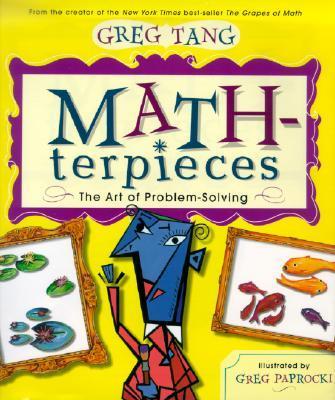
Mathterpieces: The Art of Problem-Solving
Australian Curriculum Year Level
Year 2, Year 3, Foundation Year, Year 1
Maths Concepts
Australian Curriculum: Description
Foundation Year – Subitise small collections of objects (ACMNA003);
Year 1 – Represent and solve simple addition and subtraction problems using a range of strategies including counting on, partitioning, and rearranging parts (ACMNA015);
Year 2 – Describe, continue, and create number patterns resulting from performing addition or subtraction (ACMNA035).
Teaching ideas
Students investigate other situations involving subitising and counting on with and without distractors in routine and non-routine situations. Students could write the number sentences represented by art in this book (representational to abstract).
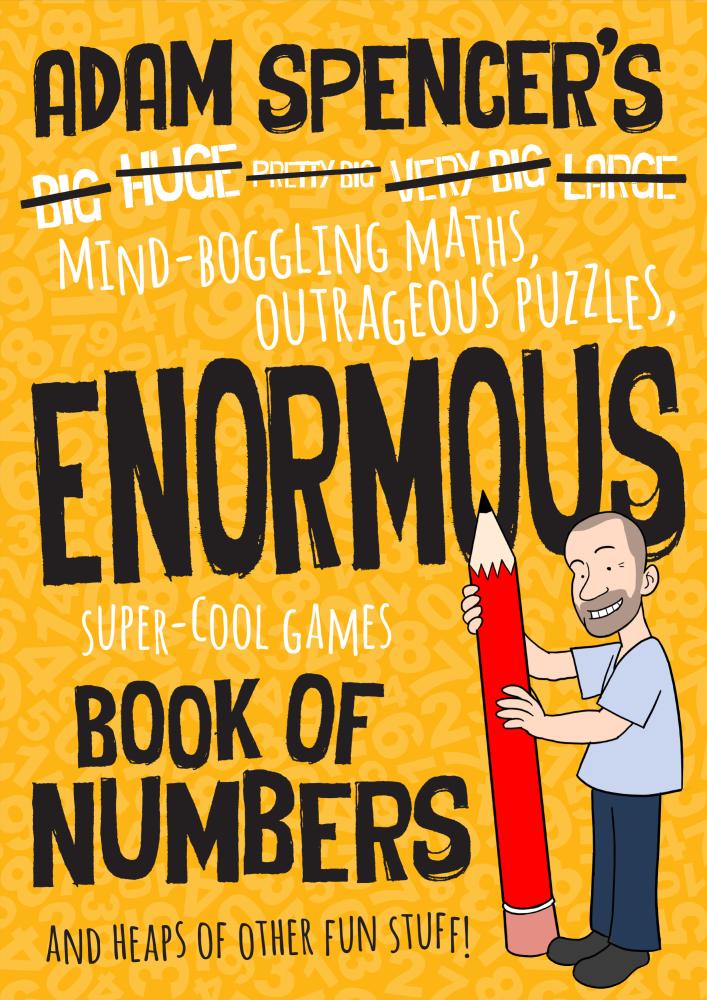
Adam Spencer’s Mind-Boggling Maths, Outrageous Puzzles, Enormous Super-Cool Games Book of Numbers and heaps of other fun stuff!
Strand
Algebra
Australian Curriculum Year Level
Year 5, Year 6, Year 7, Year 2, Year 3, Year 8, Year 4, Foundation Year, Year 1, Year 9
Multiplication and Division Triangle, Part-Part-Whole, Benchmarking, Find the Pattern, Draw what you can't see
Australian Curriculum: Description
Prep-Sort, describe and name familiar two-dimensional shapes and three-dimensional objects in the environment (ACMMG009); YR1-Recognise and classify familiar two-dimensional shapes and three-dimensional objects using obvious features (ACMMG022); YR2-Describe the features of three-dimensional objects (ACMMG043); YR3-Identify symmetry in the environment (ACMMG066); YR4-Investigate number sequences involving multiples of 3, 4, 6, 7, 8, and 9 (ACMNA074); YR5-Use efficient mental and written strategies and apply appropriate digital technologies to solve problems (ACMNA291); YR6-Construct simple prisms and pyramids (ACMMG140); YR7-Draw different views of prisms and solids formed from combinations of prisms (ACMMG161); YR8-Solve a range of problems involving rates and ratios, with and without digital technologies (ACMNA188); YR9-Express numbers in scientific notation (ACMNA210)
Teaching ideas
Real-world application in this book. Cross-curricular links are strong too, science, humanities, music, HPE etc
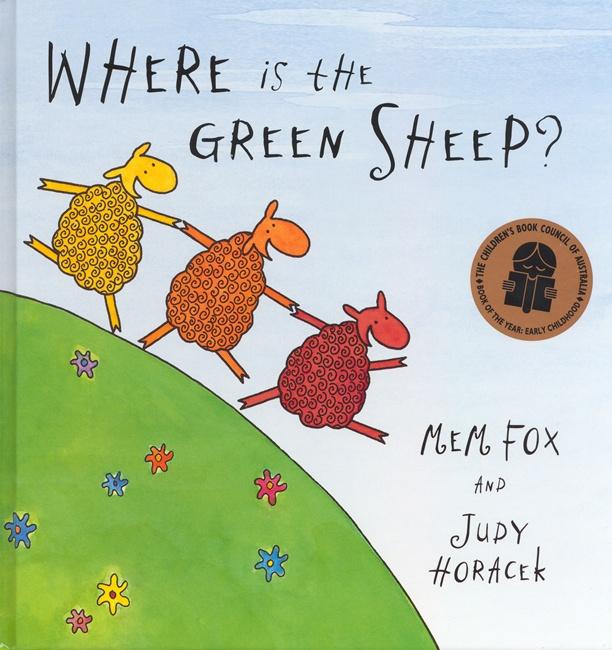
Where is the Green Sheep?
Strand
Algebra
Australian Curriculum Year Level
Foundation Year, Year 1
Act it Out
Australian Curriculum: Description
Sort and classify familiar objects and explain the basis for these classifications. Copy, continue and create patterns with objects and drawings (ACMNA005); 1-Investigate and describe number patterns formed by skip-counting and patterns with objects (ACMNA018)
Teaching ideas
Subitising small numbers, patterns

Mirror
Strand
Algebra
Australian Curriculum Year Level
Foundation Year, Year 1
Act it Out
Australian Curriculum: Description
Sort and classify familiar objects and explain the basis for these classifications. Copy, continue and create patterns with objects and drawings (ACMNA005); Investigate and describe number patterns formed by skip-counting and patterns with objects (ACMNA018)
